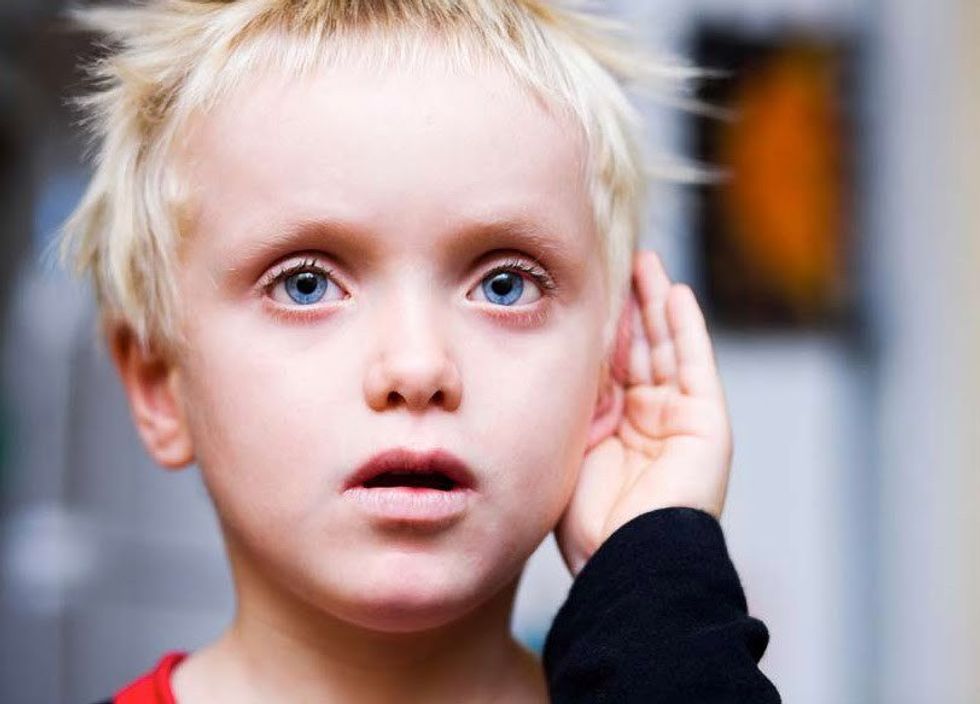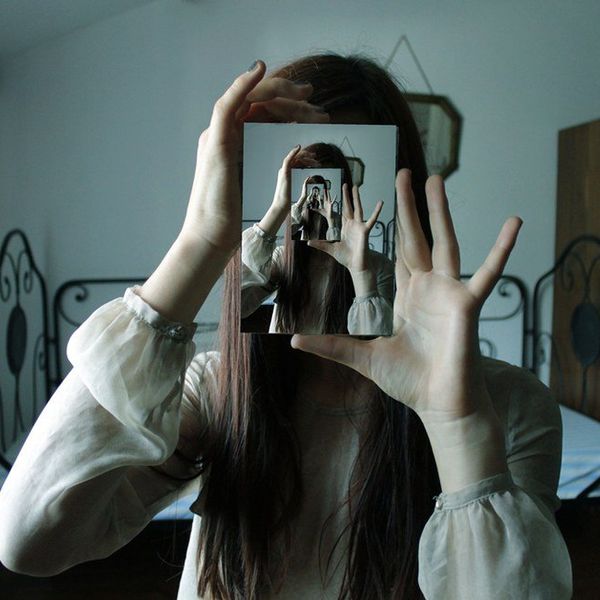When I was 6-years-old, I learned that I had a hearing impairment. For six years, my parents along with a dizzying amount of doctors had attempted various means to solve this impairment. None of these attempts worked. As a result, I was introduced to the audiology department at the University of California, San Francisco's Parnassus campus, which has since been moved to Mt. Zion. In the years that were to follow, I would become intimately familiar with the processes of audiology.
I remember very little of the day I received hearing aids, but I do remember how it felt, which is difficult for me to describe in words. It was awe full, not in the sense that it was not a positive, but that it was full of awe. A piece of the world was revealed to me, and my life has been irrevocably changed because of it. But getting hearing aids is not the end of the story, as those who live normal lives might expect. There is no such thing as an instant cure for all maladies; we must strive for them, and fight for them. For me, this was just the beginning.
Before I continue, I should warn you that any knowledge I propose to have is based solely on the fourteen years I have spent being hearing impaired, and the subconscious years of thought that have gone into this. There are countless other hearing impaired individuals who have more experience living with this than I do, but I will note that being born into hearing impairment is a very unusual circumstance. Most individuals will acquire it much later in life.
Being hearing impaired means being stuck eternally between two worlds; the hearing and the deaf. Both groups are difficult to join, despite their good intentions. Unless one encounters their local deaf community, you are highly unlikely be aware of their presence. And to make yourself an insider requires a command of sign language, which I am even now struggling to learn. As for the hearing community, their reliance on sound communication makes interacting with them difficult as well. That difficulty is compounded depending on the type of hearing loss. So, those with hearing impairments usually make a choice between these two groups; Meeting someone who has chosen both is something I have yet to see.
Joining the hearing world, as I have done, requires one to adopt certain traits. The first trait is an almost forced physical intimacy. I am not talking about romantic intimacy such as hugging, kissing, and the like (though those are nice too). I am referring to proximity to others. Instead of sitting across the table from people, I sit next to them. I also stand much closer to people, sometimes inside their space bubble, but always with the intention of listening. Actually, this is one secret benefit of being hearing impaired: because you have to lean in; people always assume you are listening to them, even when you are not.
Another trait that is acquired is a high level of self-advocacy. If you can’t hear, and pretend that you understood something, it can lead to negative consequences. Sometimes they occur within a few minutes, sometimes within a few days. It has happened to me a few times that I heard an essay was due on Sunday, but it was really due on Saturday. For this reason, I speak up for myself and ask questions.
The final trait that you acquire is a trust in people. You rely on others to convey their information quickly and accurately. You also trust that people mean what they say, because of the amount of effort it takes to listen in the first place.
I hope this shed some light on what it means to be hearing impaired, and that my experience can help you to relate to people with hearing impairment.





















